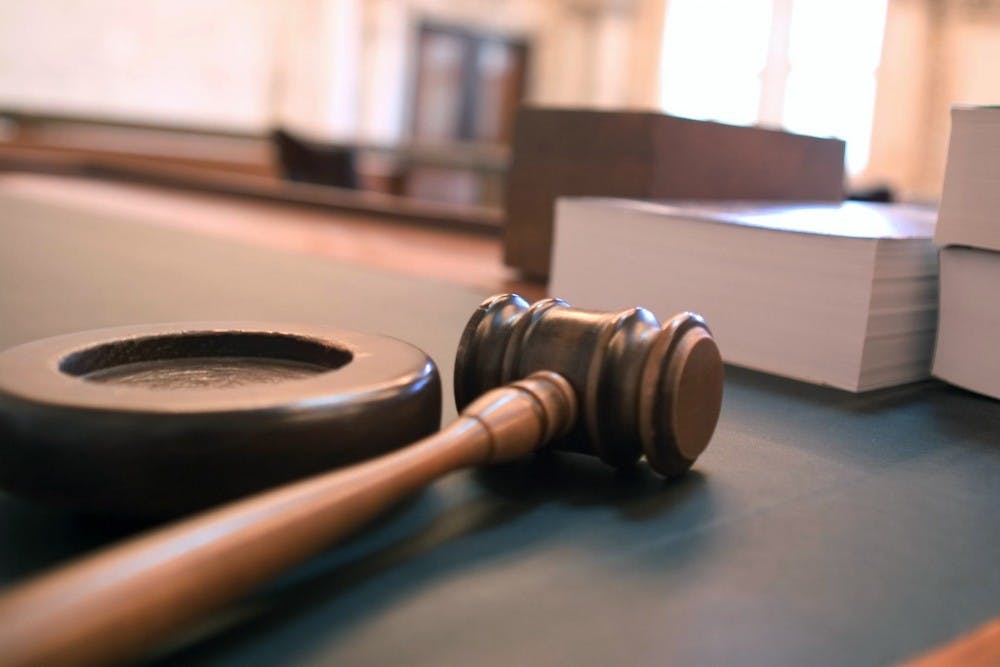On the same day School Reform Commission of The School District of Philadelphia approved three of 12 charter school applications, the Supreme Court of Pennsylvania passed a landmark ruling sharply curtailing the power of the SRC to limit charter schools' autonomy.
The decision arose from West Philadelphia Achievement Charter Elementary School, which has been battling the District’s efforts to limit its enrollment to 400 students since 2011. When renewing its charter, ACES wanted to expand its student enrollment to approximately 700 students. Charter schools are not subject to district-imposed enrollment caps, per a statewide code, but the SRC had been ignoring this rule since the body's inception in 2001.
The School Reform Commission was created in 2001 after the passage of a state "takeover" law. Three members of the SRC are chosen by the Pennsylvania governor, while two are picked by Philadelphia's mayor, giving the state an overall balance of power on the body.
Without the constitutional authority to cap and control charter school policy — as the SRC had been doing since 2001 in apparent violation of state law — many of the major actions the commission has undertaken in recent years could be subject for reversal.
Elaine Simon, co-director of the Urban Studies Graduate Certificate Program, said it is undetermined what — if any — SRC decisions will change given the Supreme Court's ruling.
“What people are really looking at are more recent decisions, including those that went against the Philadelphia Federation of Teachers contract around seniority in shifting or laying off staff and decisions on school closures that occurred without the required amount of deliberation and public input,” Simon said. “No one really knows what will happen.”
In previous years, the committee has also tried to suspend the school code in order to limit charter expansion, expedite school closings and cancel provisions in the teachers’ contract such as built-in raises for years of service, as well as seniority protections in calling back laid-off employees.
Charter schools get public funding even though they are exempt from the requirements of district schools, such as keeping a certain number of days in the school year and working with teachers unions.
RELATED:
Phila. school board approves five new charter schools
Two new charters proposed in Penn's zip code
Newly elected Philadelphia mayor and city council push Penn to pay PILOTs
Over the last decade, the share of local funding as a portion of the district's total budget has climbed from 32 to over 40 percent, according to an analysis by Philadelphia Magazine. This has caused the SRC to desperately find other avenues for cutting costs. Setting enrollment caps at charter schools is one such way.
According to Keystone Crossroads, about 30 percent of the school district’s operating budget, equating to $750 million, goes to charter schools, which educate about a third of the city’s students.
School boards are allowed to levy taxes to obtain local funds. However, the SRC is not a school board — it is a state agency — and states cannot levy local taxes.
Rand Quinn, assistant professor at the Graduate School of Education, said the Supreme Court's ruling shows the deep rooted problem of dealing with Philadelphia’s financial problems.
“In the long run, what the ruling suggests is that the state Legislature will need to address the systemic school finance issues constraining the district rather than delegating its responsibility to the SRC,” Quinn said.
College senior Neil Cholli and 2015 College of Liberal and Professional Studies graduate Daniel Esposito, both members of Philadelphia ENGAGE, a student-run think tank, said the ruling could cause a boost in charter enrollment at the expense of district schools.
"In the midst of a never-ending budget impasse and in the absence of a fair state funding formula for schools, the lack of a charter enrollment cap creates a serious threat to a vision of a quality school in every neighborhood," they said in a statement.
According to a Newsworks article, after the Supreme Court ruling, ACES — the West Philadelphia charter school at the center of the case — is planning to add 300 more students.
Proponents of charter schools said the decision will eliminate the ongoing problem of families on waiting lists for charter schools.
Simon said this decision has accelerated the end of the SRC and proves the need of restructuring governance in Philadelphia schools.
“People were already raising questions about the legitimacy and the role of the SRC, tossing around ideas for what form of school governance should replace it. Abolishing the SRC was an issue in Pennsylvania’s governor’s race and the mayoral race, with [Pennsylvania Gov.] Tom Wolf making it a campaign promise,” Simon said. “But, again, no one knows at this point how that will take place given the state role and the terms of dissolving the SRC."
Clarification: A previous version of this article cited a statistic about a West Philadelphia charter school as coming from the Education Law Center. The statistic actually came from a Newsworks article cited on the ELC website.









